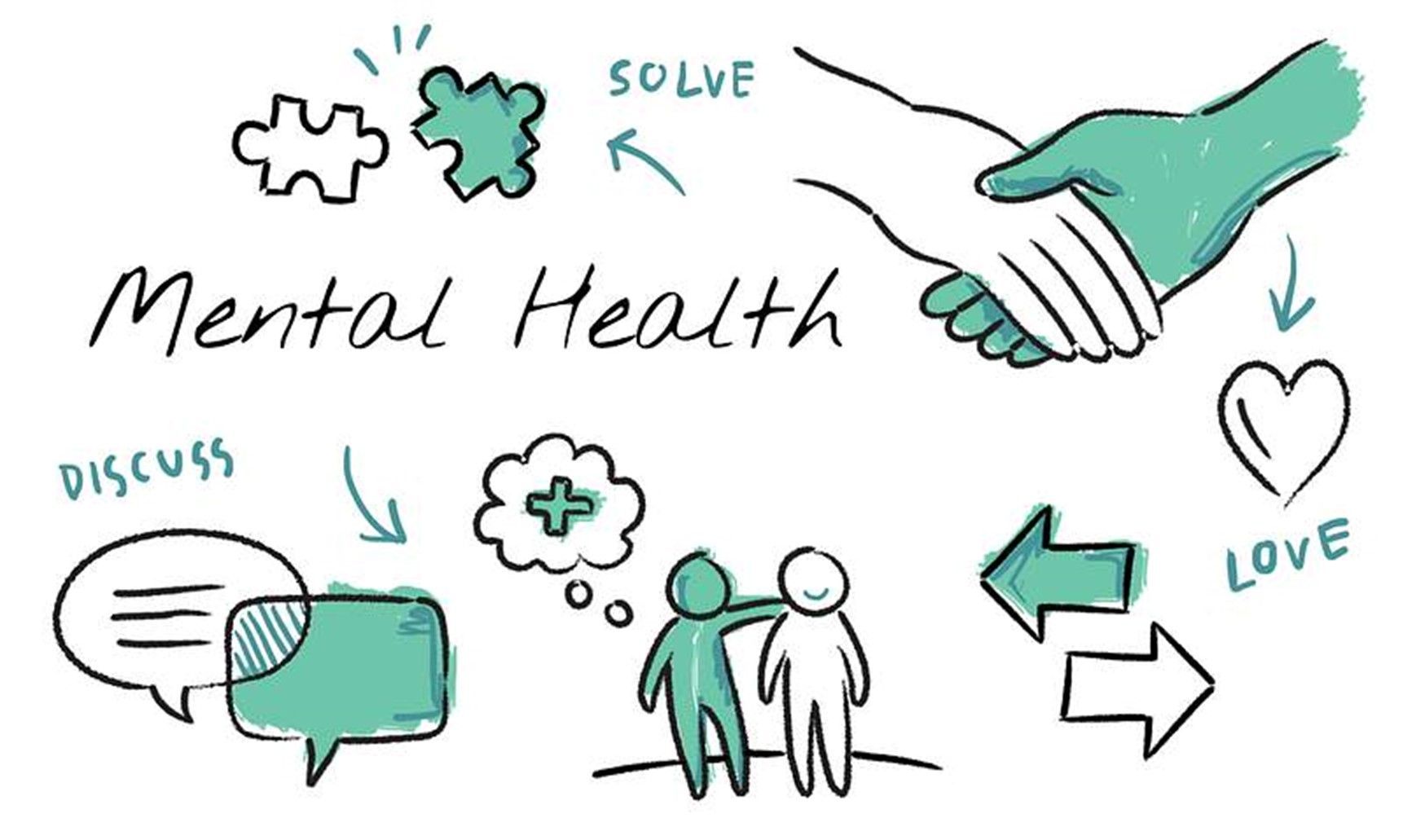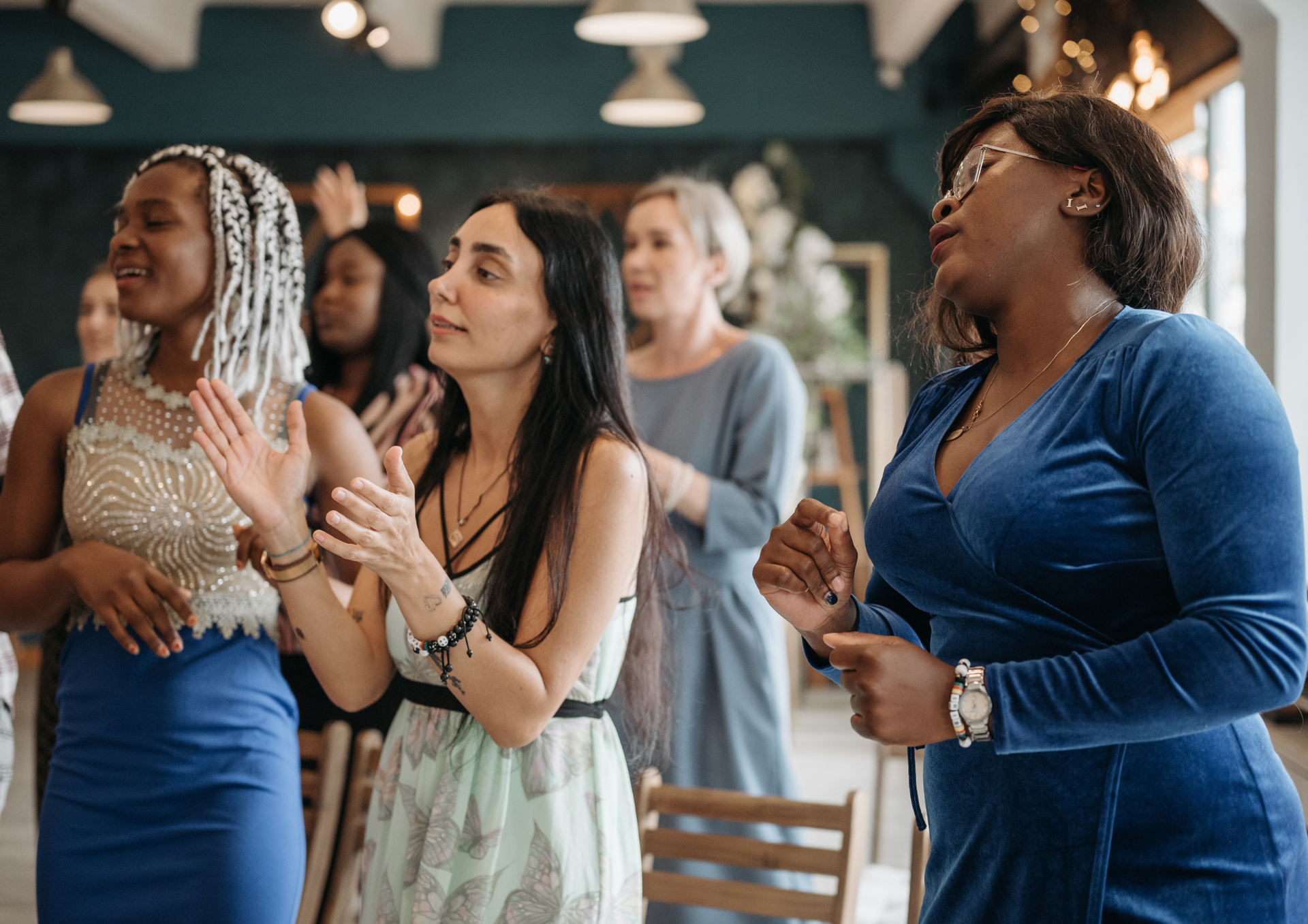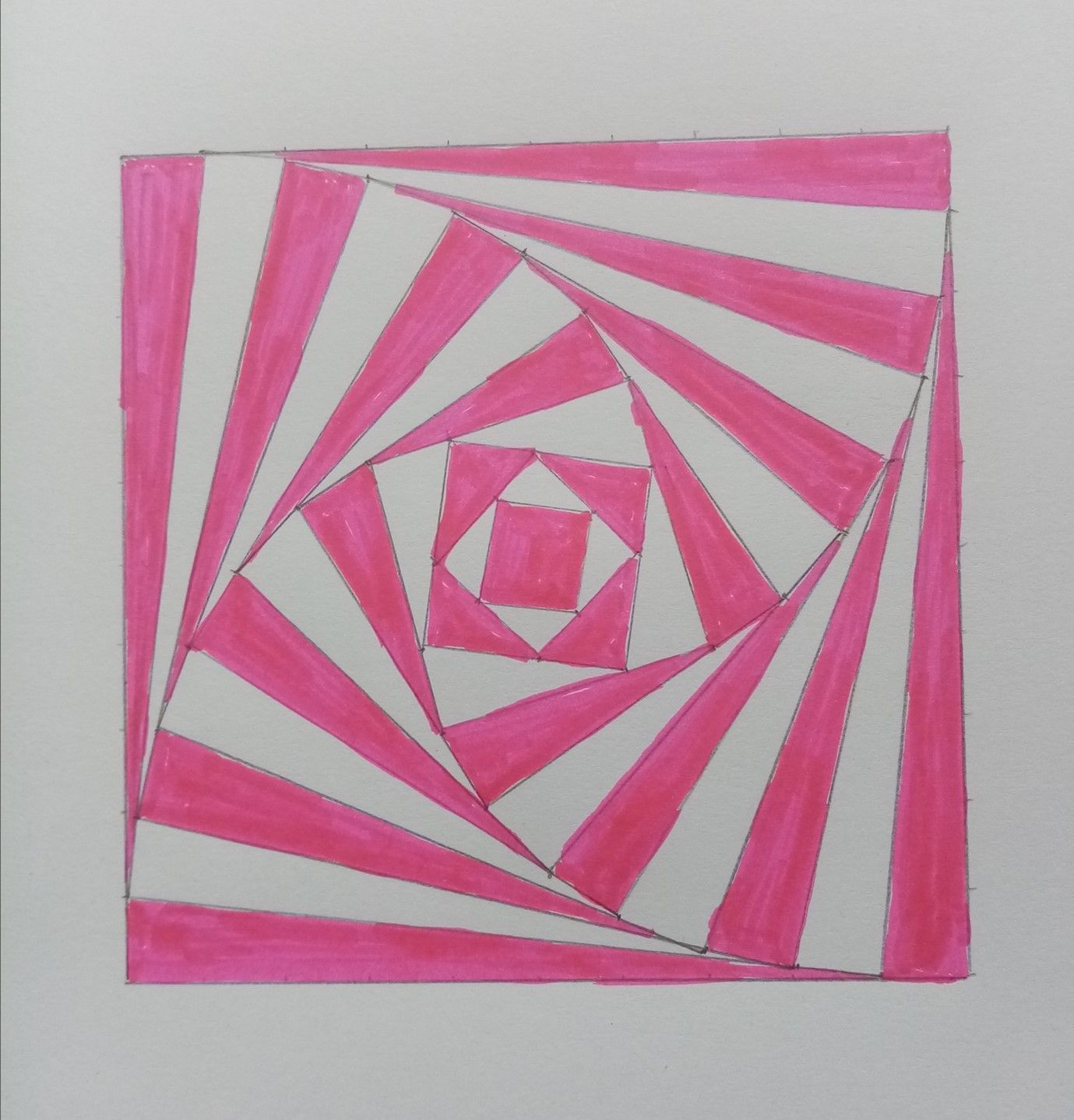Coaching, Mentoring, Counselling or Therapy - How do they differ?

There are times in most people’s lives when support or advice is needed to negotiate challenges that seem too big to face alone. In the past and still today,
informal support or advice may be sought from friends, work colleagues, family
members, religious guides or teachers.
However, there is a growing trend towards seeking more formal help and support to tackle personal and life problems from professional sources. An increasing array of different professional support disciplines have emerged to meet the growing mental health needs of modern populations. Professional disciplines such as coaching, mentoring, counselling or therapy have developed, and each one may have yet further specialisms under the umbrella discipline.
For example, performance, existential or wellbeing coaching; group, peer and reverse mentoring; psychodynamic, humanistic or integrative counselling; arts based, cognitive or somatic therapy.
It can be overwhelming and confusing for a person seeking professional support to distinguish between these different professional support approaches and how to choose the one best suited to individual needs and preferences.
This blog will outline some key features of the main professional disciplines to help aid understanding, whilst recognising that some overlap exists in practice.
Coaching
- Coaching is a talk and relationship based support process. Its multidimensional roots can be traced to sport and business performance, as well as more person-centred counselling.
- Coaching believes that the client is their own best expert and works to unlock latent potential.
- A coaching client is empowered to identify personal goals and associated action focused improvement, moving from a current situation to a preferred future vision.
- It is a future-focused activity suited to personal and professional development needs.
Mentoring
- Mentoring shares a similar approach to coaching, but a mentor has specialist knowledge and experience of direct relevance to the client’s need.
- A mentor can offer more expert advice and wisdom where useful, as well as empowering the client’s own solution finding, as in a coaching relationship.
- Mentoring is suited to the workplace and situations where expertise sharing will be valuable to client learning.
Counselling
- Counselling is a form of talking and listening therapy that enables an individual to explore feelings, beliefs and behaviours associated with personal or emotional struggles within a non-judgemental, supportive relationship.
- It can involve working through aspects of personal history and significant past events and memories with the aim of clarifying issues and ways of coping.
- Relationship challenges, bereavement or other traumatic situations are often where supportive counselling is best suited.
Therapy
- Therapy is typically a medicalised term to describe a course of treatment given to cure or alleviate an illness or disorder.
- In this context, it describes a highly specialised form of talking relationship designed to treat more serious mental illnesses or disorders, which may include harmful behaviours directed at the self or others.
- Therapy can work directly with a client to change unhelpful thoughts and behaviours, as in highly focused cognitive behaviour therapy.
- Alternative therapy approaches can work to increase awareness of unconscious processes that underpin a client’s behaviour, as in psychodynamic therapy. This approach emphasises the importance of understanding how a client’s past has influenced behaviours in the present.
- Art, music or drama therapies would be examples of the latter approach.
When faced with a new challenge or dilemma in life, it is often helpful to talk it through with another supportive person. In some circumstances, the talking relationship may take the form of the informal support offered by family, friends or other readily available sources.
There may be other times when a challenge or dilemma warrants more formal support from a trained professional.
Choosing the right professional for the situation you are facing, means understanding the approaches taken and level/type of need that different talking professionals are able to support.
If you think that coaching might be the talking relationship that you need to
support you in your current situation or life stage, get in touch now to arrange a completely free conversation about how we might work together to build a brighter future.










